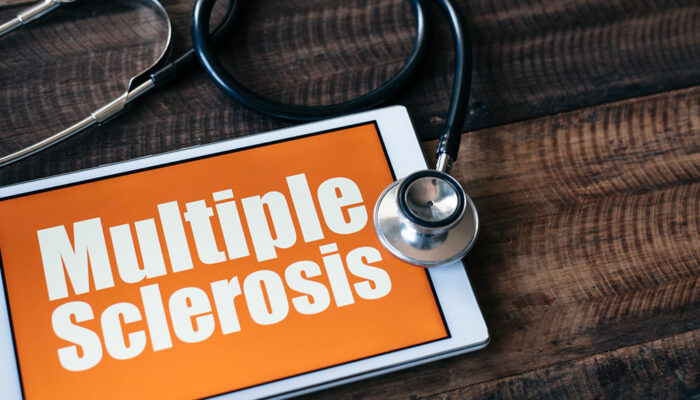
3 tips for improving posture and maintaining eye health
Science shows a correlation between one’s eyes and posture alignment. Human eyes send signals to the brain via the central nervous system. The brain interprets these signals and sends responses through the spinal cord to the rest of the body. When one does not maintain a good posture with natural erect alignment, this communication is hampered, causing health problems over time. So, here are some ideal postures for reading and sitting to maintain healthy eyesight. Postures for good eye health Straighten up the spine While the natural erect alignment of one’s spine can bring many health benefits, slouching can impact the connection between one’s spinal cord and brain. This, in turn, can weaken blood flow, affect sense response, including that of eyesight, and cause blurry vision problems. Ensure one’s spine is erect while standing, with the head held straight and the chin tucked in. Avoid bending forward while reading It’s easy to spend hours on one’s phone or reading with the head tucked in and body bent forward, but this can strain one’s spine, neck, shoulders, and eyes. To avoid this, one can stretch from time to time and better posture by keeping the computer screen parallel to one’s face.
Read More 















